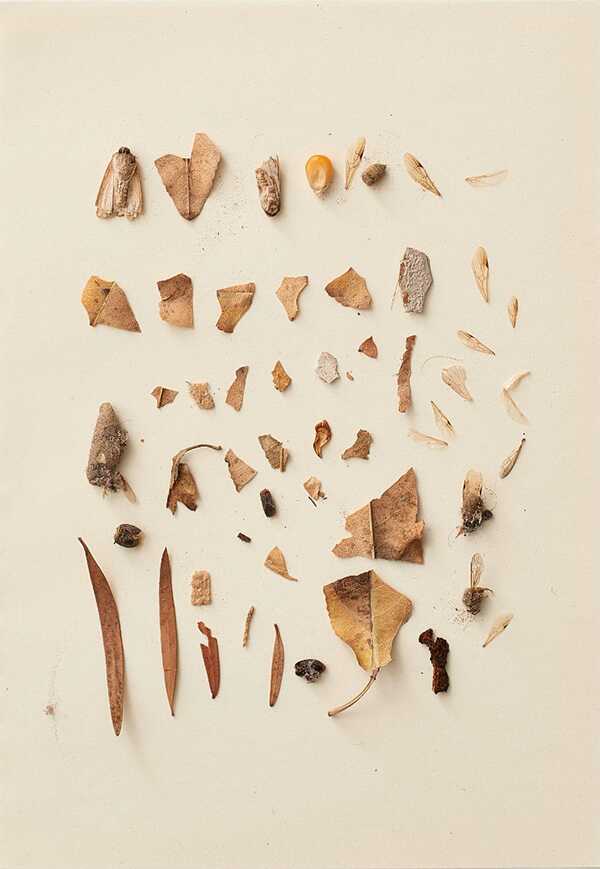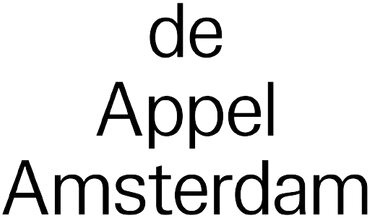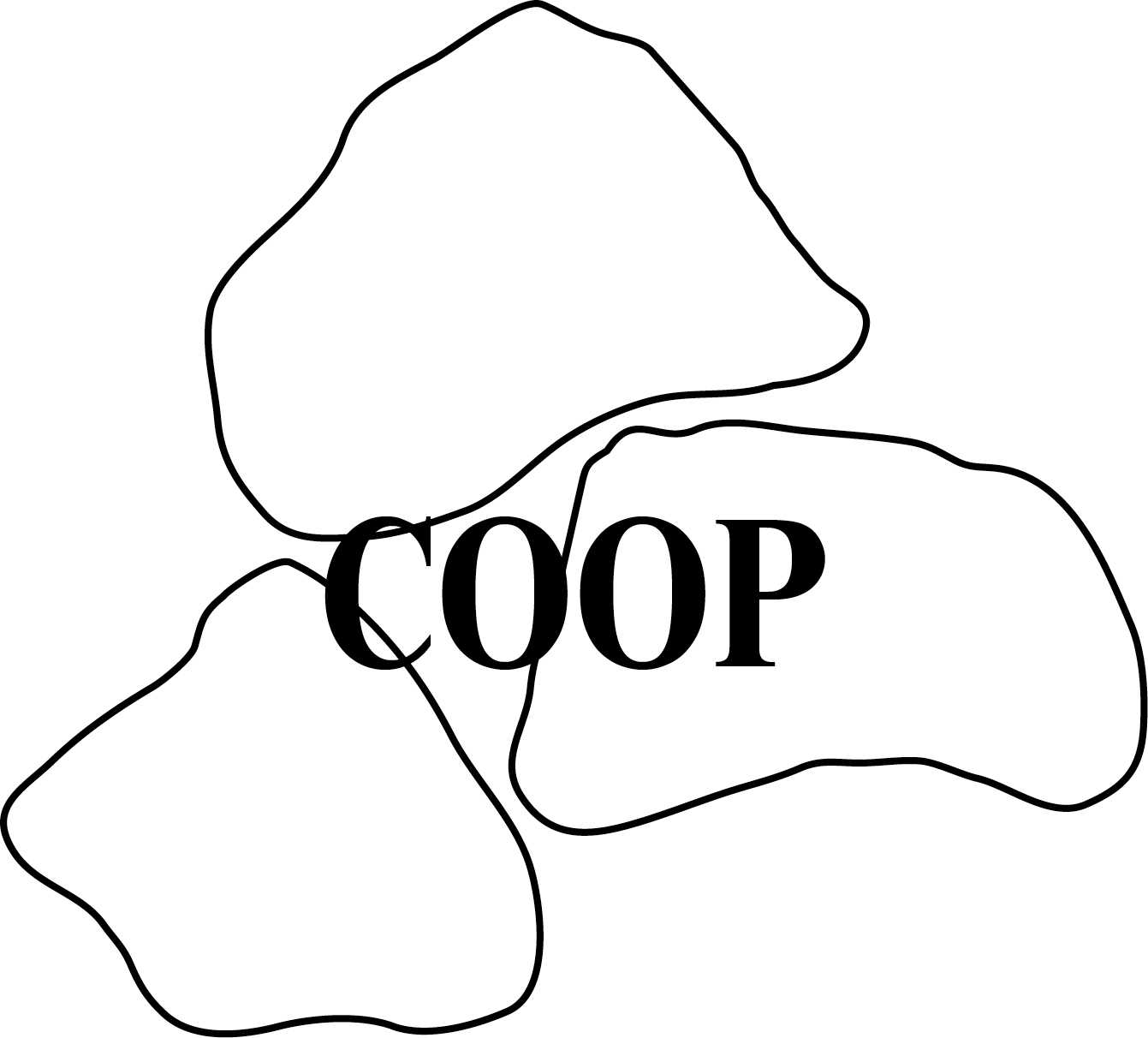2023-2024 COOP study group ~ Assembling Land: Rehearsals towards Place-making
Tutor team:
Guests:
Elias and Youssef Anastas (Radio Al-Hara)
Partner:
de Appel Amsterdam
Student participants:
Anastasia Nefedova, Chloë Janssens, Echo Guo, Eszter Dobos, Federica Nicastro, Foad Alijani, Francesca Pionati, Kıvanç Sert, Meii Soh, Qiaoling Cai, Sara Alberani, Saverio Cantoni, Shaza Omran, Sille Kima, Thamyres VM, Tuba Kılıç
Student led reflection:
Program:
Introduction to the program:
Assembling Land: Rehearsals towards Place-making seeks to learn with people and peers who have intimate and political relationships with the land and waters to which they belong. How do we unpack these relationships and the violence of dispossession stemming from different forms of colonialism? This COOP study group grapples with issues and questions relating to injustices over confiscated land, housing rights, and by extension imagines and explores structures and build forms to come. In conversation with the COOP participants, we set our practices in motion and collectively craft tools for communal labour. Drawing from our witnessings and actions of our communities, each individual locality is invited to contribute to the making of a “topography of multidimensional positionings” (after Donna Haraway).
We see that issues relating to Land as a commodity, its ownership and use, are of utmost importance at the moment. Land is the frontier when it comes to struggles related to the environmental crisis, land grabbing, affordable housing, and many others. In the present context of late capitalism it is transposed to a commodity. We see political and social movements across the globe fighting for free and fair access to land and its resources. Artists have been spearheading and forming part of these struggles, adopting and experimenting with shared ownership and different forms of the commons. Henceforth, the COOP Study Group explores self-organizing and co-ownership as artistic and practice-based tools to rehearse engagement and belonging.
As de Appel, COOP Study Group focuses on themes of land and housing, art economies, and self-governance, it delves into co-ownership (as a structure and concept) by learning from different experiences and perspectives of/with the COOP participants. It further questions: how do crises of land and housing engage with an art institution; how could we co-own a place? How could an art institution practice co-ownership? Practically, but also in poetic ways. In principle, de Appel anchors its questions to curatorial work. How can we curate exhibitions today, in relation to concerns about land and urban crisis? How could art institutions contribute to social housing movements, struggle against land grabbing and individual ownership?
This Study Group further engages with pertinent questions brought up by the Palestinian context about archives, museums and memory, and how they apply to the rest of the world. Palestine is a context which problematizes the museum as an institution, and the cultural institution at large. We have witnessed the continuous material and immaterial theft of Palestinian culture and the proliferation of museum and archive building in Palestine. Within this focus, together with the COOP study group we will question the possibilities/ impossibilities of collective remembering through institutions, what are the possible material and immaterial forms that would allow a shared narrative? What is the structure of the institution that would allow such a coop? And who would be the coop? In dialogue with the COOP participants, we look critically at this simultaneous and contradictory context connecting it to the overarching theme of land, through watching films, listening, walking and working together.
The COOP intends to turn internal questions and dilemmas (or crises) of the participants’ respective contexts into collective questions to be worked through with the ‘public’ and the ecosystem they engage with. How could the art institution function as an infrastructure in service of artists who want to shift society? By reconsidering the capitalist definition of relevance as that which compels the institution to compete with others, we rather ask how it is contributing to or being part of the progressive socio-political movements in society today. In rethinking protocols of resistance and solidarity/ collectivity and collaboration, we recount Augusto Boal’s ‘simultaneous dramaturgy’ from the “Theatre of the Oppressed” as a format for place-making that generates tools to access the public transcript and strategise around the posed questions creatively.
Assembling Land: Rehearsals towards Place-making is organized in the form of majelis (assembly in Arabic), physical and transmitive, that take place in indoor or outdoor sites of the locations the COOP takes place. Taking a cue from practices of the commons, during each majelis, we enact roles of the lumbung, incorporating: a host, a time-keeper, a harvester (note-taker who summarizes findings or ‘harvest’), and the caretaker. Reconfiguring conventional protocols of collaboration, this COOP will divide into smaller working groups which will contribute a series of small ‘gestures’ to document the process. Such gestures are transmitted in the form of a podcast where the harvest of each session is broadcasted via Radio Alhara (neighborhood in Arabic) between each get-together leading up to the COOP Summit.



